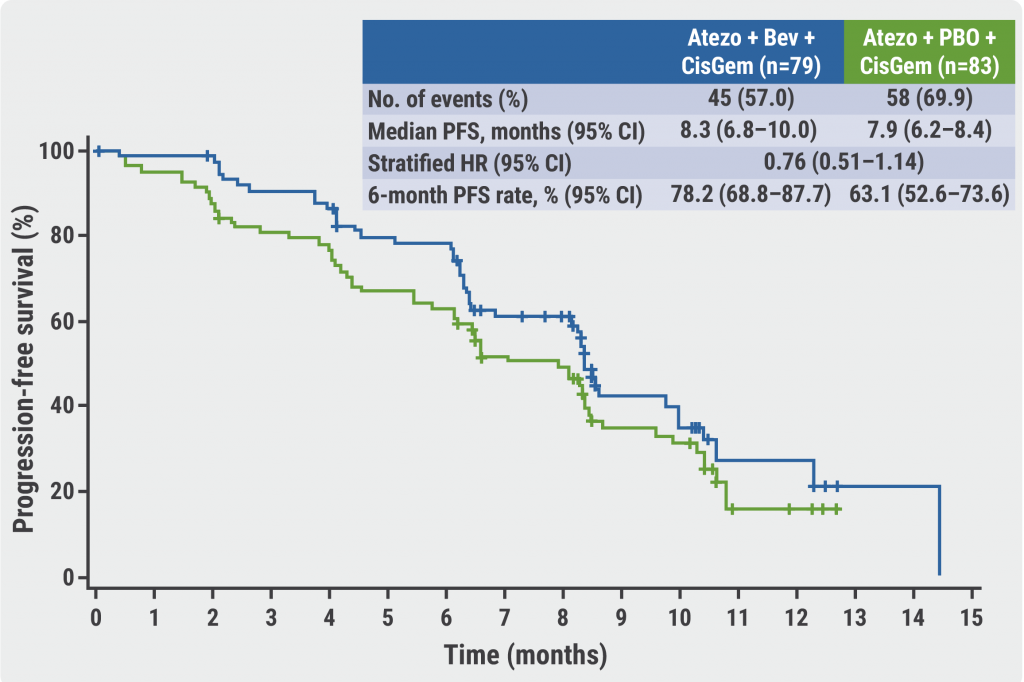"Nearly 9 in 10 patients reported some change after cancer treatment that negatively affected their sexual health," Dr. James Taylor of the Sidney Kimmel Cancer Center at Thomas Jefferson University, in Philadelphia, said during an October 27 press briefing at the American Society for Radiation Oncology (ASTRO) virtual annual meeting.
"This is not just patients treated with radiation but this includes chemotherapy, hormonal therapy, surgery, and other treatment modalities," he noted.
Importantly, said Dr. Taylor, most cancer survivors with sexual dysfunction said their doctor didn't ask about sexual health.
Dr. Taylor and colleagues had 405 adults complete an anonymous survey about their experiences with sexual problems after cancer treatment. Most were women (81%) and the most common cancer types were breast (67%), prostate (16%) and gynecological (8%) cancers. Treatments included chemotherapy (78%), radiation therapy (54%) and hormone therapy (48%) and other (43%).
Eighty-seven percent of respondents reported some change after cancer treatment that negatively impacted their sexual health and quality of life. The most common side effects were loss of desire/interest in sex (80%), challenges with arousal (75%), painful intercourse (70%) and difficulty reaching orgasm (57%).
Fewer than half of respondents (44%) said they were preemptively warned that their sexual health could suffer with cancer treatment. Men were significantly more likely than women to be asked about sexual health by a provider (53% vs. 22%) or receive a sexual-health questionnaire (32% vs. 5%).
"We were surprised at how infrequently sexual health and potential side effects of cancer treatment are discussed with female patients, especially compared to male patients," Dr. Taylor said in a statement.
Roughly half (51%) of respondents felt that they would like a standard questionnaire to initiate and guide a discussion on sexual health with their provider.
This survey highlights "the importance of being holistic in our approach to patient survivorship," said briefing moderator Dr. Karen Winkfield, radiation oncologist at Vanderbilt University Medical Center, in Nashville, and ASTRO board member.
"We need to ask patients about all parts of their well-being, including sexual health," Dr. Winkfield said. "Body dysmorphism can impact anyone, but especially patients who have had surgery or radiation. Chemotherapy can impact energy and libido or have other toxicities that impact sexual health."
"I encourage all radiation oncologists to ask their patients about their sexual health and a standardized form that can be used across all sites will make this much easier. We owe it to our patients to treat them holistically," Dr. Winkfield said.
The study had no specific funding and Dr. Taylor has no conflicts of interest.
By Megan Brooks
SOURCE: https://bit.ly/2HFaJzE ASTRO 2020 Annual Meeting, presented October 27, 2020.
Posted on
Previous Article
« Intake of vitamins A, E and D tied to respiratory health Next Article
Race, ethnicity affect epidemiology and management of inflammatory bowel diseases »
« Intake of vitamins A, E and D tied to respiratory health Next Article
Race, ethnicity affect epidemiology and management of inflammatory bowel diseases »
Related Articles
February 3, 2022
Support for fourth COVID-19 jab in blood-cancer patients

March 17, 2023
IMbrave 151 missed primary endpoint in advanced BTC
© 2024 Medicom Medical Publishers. All rights reserved. Terms and Conditions | Privacy Policy
HEAD OFFICE
Laarderhoogtweg 25
1101 EB Amsterdam
The Netherlands
T: +31 85 4012 560
E: publishers@medicom-publishers.com

